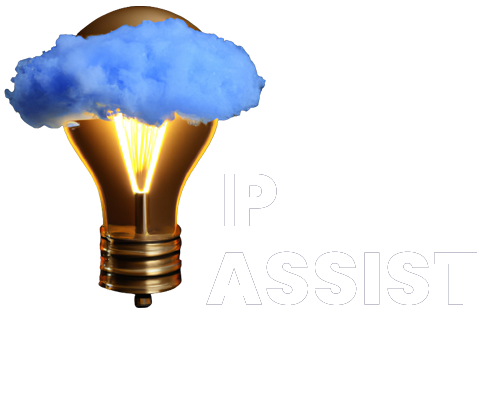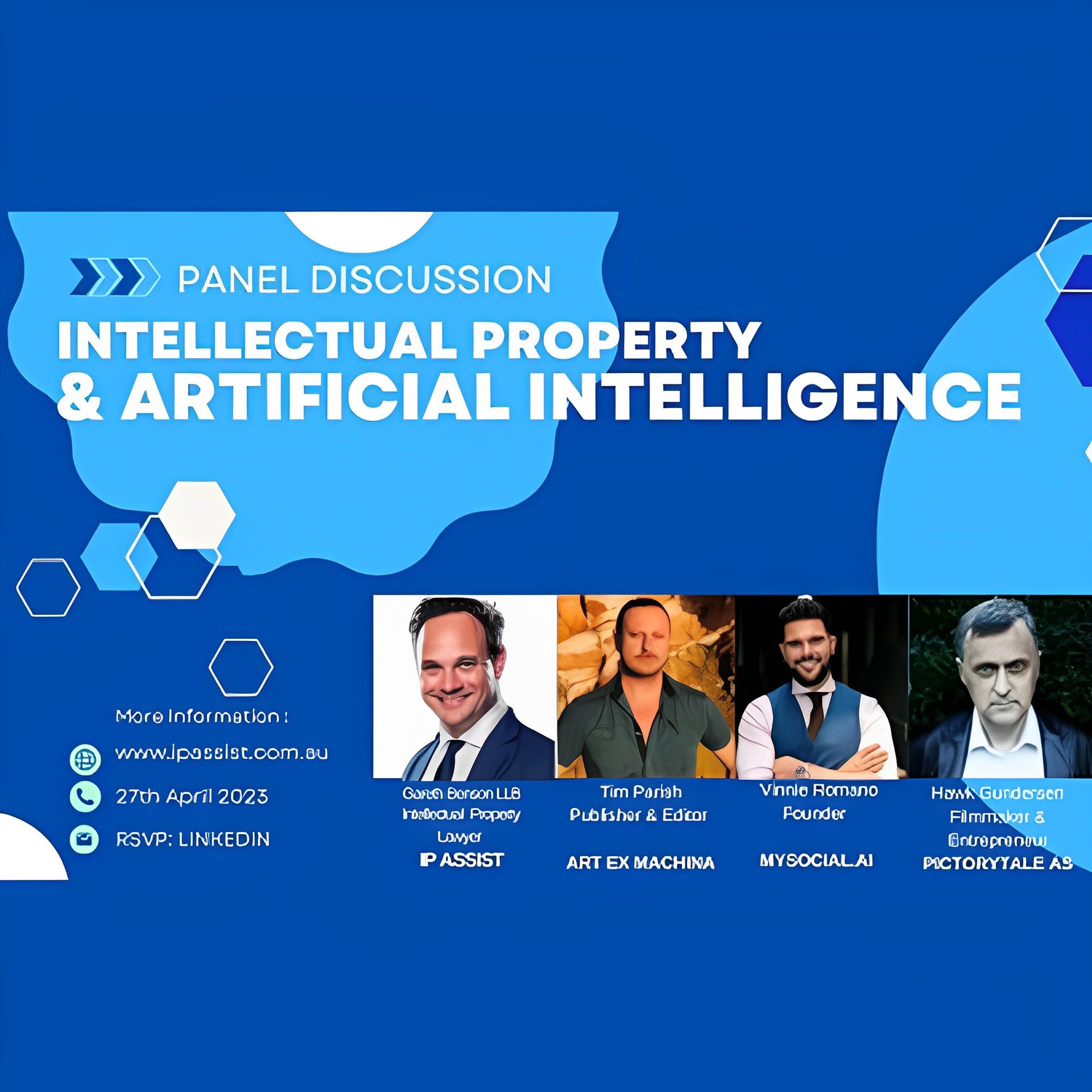Resources
RESOURCES
SIGN UP FOR A COMPLIMENTARY COPY OF IDEAOLOGY 2.0 HERE
Sign Up Landing Page - Desktop
Thank you for contacting us.
We will get back to you as soon as possible
We will get back to you as soon as possible
Oops, there was an error sending your message.
Please try again later
Please try again later
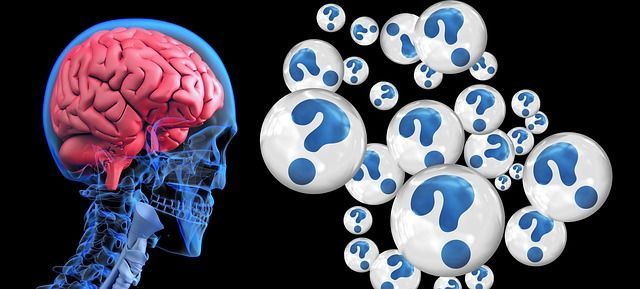
By Gareth Benson
•
12 Apr, 2024
Ever since the printing press was invented, tools have empowered the innovation and creativity of humans to earn a pecuniary right from the things that they create. ChatGPT is no less than the most advanced typewriter made freely available to us. It should be used as such, as the good news is if you assert it you will still own the Intellectual Property that you create with it. In Australia, under the Copyright Act 1968, a person who is an Australian citizen or resident is the owner of copyright in a literary, dramatic, musical, or artistic work if it is original and involves an exertion of human skill, creativity, and independent intellectual effort. The intersection of IP and AI will become of increasing importance as AI technology advances. AI systems including ChatGPT, DALL*E and many others are capable of creating works that are protectable under IP law, such as music, artwork, and literature. AI systems can also be used to create inventions that are protectable under patent law. As the debate around Intellectual Property ownership evolves, the current position in Australia is that copyright must have a human author. In order for a work to be sufficiently original to attract protection under the Copyright Act, there needs to be an exertion of human skill. The adaptation of ChatGPT content by business owners is key to ensure that it involves ‘independent’ intellectual effort to then be assigned as Copyright. The following should be considered regarding Intellectual Property ownership and AI: Outputs of data which are generated solely by computer programs without any work or skill from a human creator have failed to meet the requirements for protection under copyright as they are not original literary works. Telstra Corporation Limited v Phone Directories Company Pty Ltd [2010] FCAFC 149 Factual data contained in a compilation is not sufficient to attract protection under the Copyright Act. In IceTV Pty Ltd v Nine Network Australia Pty Ltd [2009] HCA 14, the High Court considered that the lack of human intervention in the preparation of telephone directories by a database which outputs factual data through the use of a software program did not constitute an original literary work. However, under the Patents Act 1990 (Cth) an AI can be listed as the inventor on the registration, however it is not ultimately recognised as the owner given that it is not a legal entity. The court also considered the owner of the AI program would own any inventions made by the program. Thaler v Commissioner of Patents [2021] FCA 879 The printing press advanced the creative expression of humans, and advanced also our laws, laying the foundations for copyright laws created with the Statue of Anne during an age of enlightenment in 1709. Fast forward to 2023 and whilst AI will challenge laws of copyright, patents and IP ownership the foundation of intellectual property being a product of the human mind or intellect still remains a foundation of protection and commercialisation of ideas. For now.
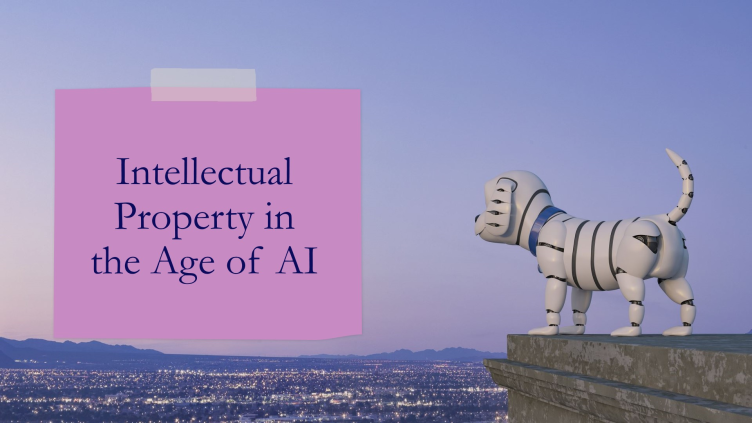
By Gareth Benson
•
28 Feb, 2024
The integration of artificial intelligence (AI) into various industries is not just transforming operational efficiencies; it's also raising critical questions around intellectual property (IP) rights and how business can leverage the algorithm to create new assets. As AI continues to evolve, its adoption across industries presents unique opportunities not only in terms of managing value for creations by also creating assets from the output of Intellectual Property which AI can create. This week let's explore the intersection of AI and IP in the following two industries:
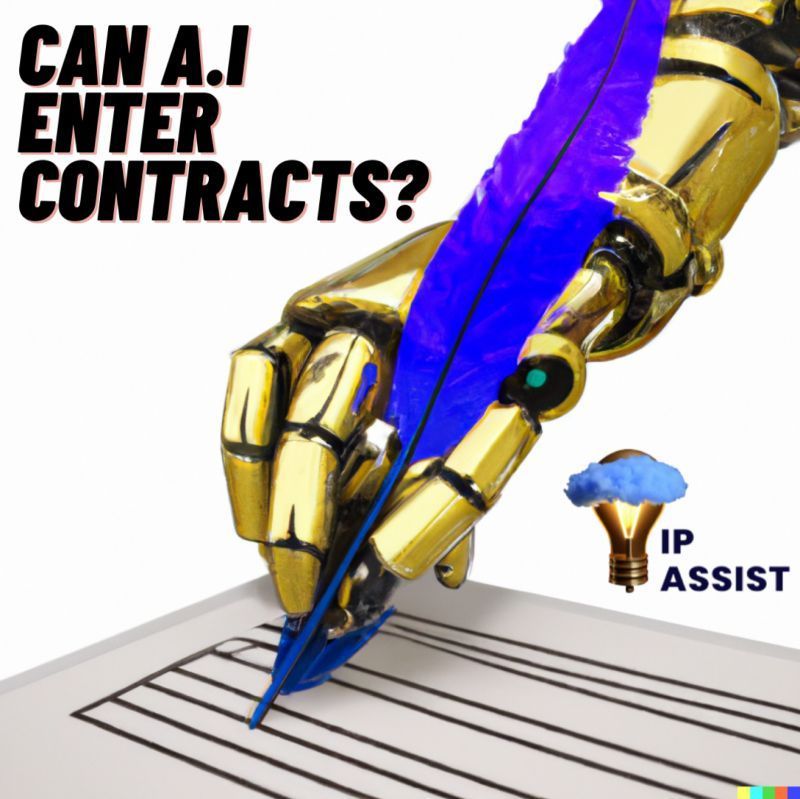
By Gareth Benson
•
12 Feb, 2024
Whilst we live in a vastly digital world computers can not enter contracts - yet. Contracts have been used in ancient civilizations such as Egypt, Greece, and Rome, often written on clay tablets or papyrus used to establish agreements for the sale of goods, services, or property. In the 16th and 17th centuries, English common law developed the concept of a "consideration" as an essential element of a contract. This means that both parties have to exchange something of value for the contract to be legally binding. This still remains true today. It also must have Legal Capacity which means that two human beings must have the legal capacity to enter a contract. Until the law develops to recognise Artificial Intelligence as having distinct legal personality these are 5 key elements of constructing a contract between human beings or businesses with legal capacity. 1. Offer: One party makes an offer to another party. This offer must be definite and clear in its terms and conditions. 2. Acceptance: The other party accepts the offer, either expressly or by conduct. The acceptance must be unqualified and must correspond to the terms of the offer. 3. Consideration: There must be a benefit or detriment that is exchanged between the parties. This is known as consideration and is usually in the form of money, goods, or services. 4. Legal capacity: Both parties must have the legal capacity to enter into the contract. This means they must be of legal age, mentally competent, and not under duress or coercion. 5. Legal purpose: The contract must be for a legal purpose. Contracts that are illegal or against public policy are not enforceable. Myself and colleague Conni Warren will be exploring the fundamentals of corporate writing and contracts for success next week in Darwin. If you would like to join and learn of 5 further fundamentals of contract success. I have posted a link to the eventbrite below. All beings and open artificial intelligence, most welcome!
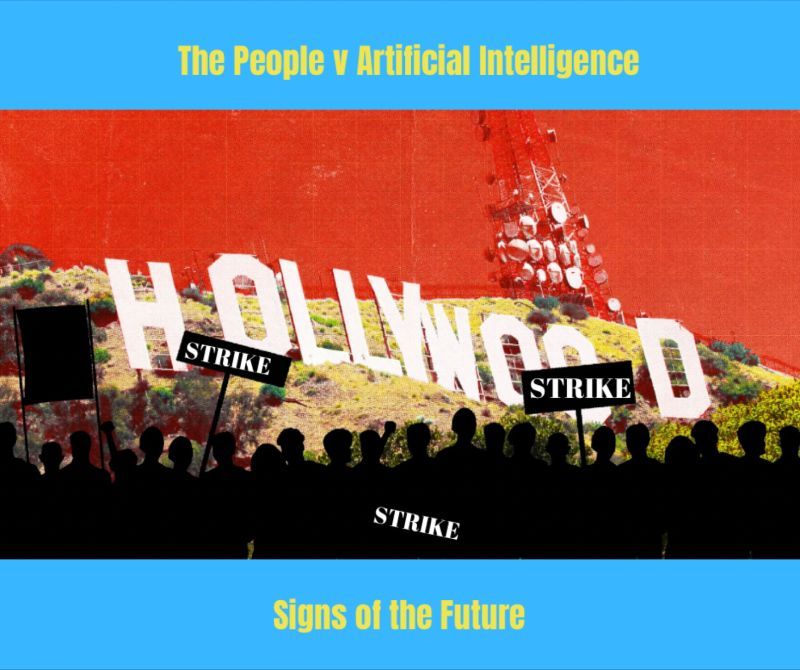
By Gareth Benson
•
12 Jan, 2024
This past week as I commence lecturing at Charles Darwin University I have been remarking on how the Actors and Screen Writers Guild #strikes shutting down Hollywood are the first signs of unrest, which may become commonplace as, we negotiate a new world with #artificialintelligence (AI). The further development of AI, through the advent of both streaming services and the ability now to replicate or replace actors is challenging the way content is created and reshaping the way people work in various industries, including the entertainment sector. This evolution has significant implications for contracts, bargaining, and strikes in possibly every industry. As AI technologies advance, they have the potential to generate original content, mimic human performances, and automate certain aspects of the creative process. This raises questions about ownership, intellectual property rights, and the role of human artists and workers in the face of AI's capabilities. #contractlaw negotiations in the entertainment industry are now grappling with issues related to AI. Key considerations include determining ownership and control over AI-generated content, defining fair compensation and residuals for actors and artists in AI-driven productions, and addressing the ethical and legal implications of AI's impact on creative output. Bargaining power becomes crucial as artists, actors, and their representatives seek to protect their rights and ensure a fair share of the benefits derived from AI-generated content. On the other hand, studios and production companies are navigating the integration of AI technologies while addressing concerns surrounding job displacement, creative control, and financial considerations. Strikes, such as the current writers and actors' strike, may arise as a means for artists and actors to assert their demands and negotiate for fair working conditions, compensation, and rights in the context of AI-driven productions. These strikes can serve as a catalyst for discussions and reforms in other industries, influencing the way contracts are structured and how workers are protected in the evolving landscape of AI technology. Ultimately, the development of AI and its impact on content creation and employment necessitate ongoing dialogue, negotiation, and adaptation of contractual frameworks. The way contracts are structured, bargaining takes place, and strikes are employed will play a central role in shaping the future of AI and the working dynamics of various industries, including the entertainment sector. As a contract lawyer and lecturer I will be monitoring this space closely, and also in how we collectively can make more efficient agreements based on sound principles of agreement. The next question: can we negotiate contracts with AI run entities? Food for thought. 💡🤖🤔
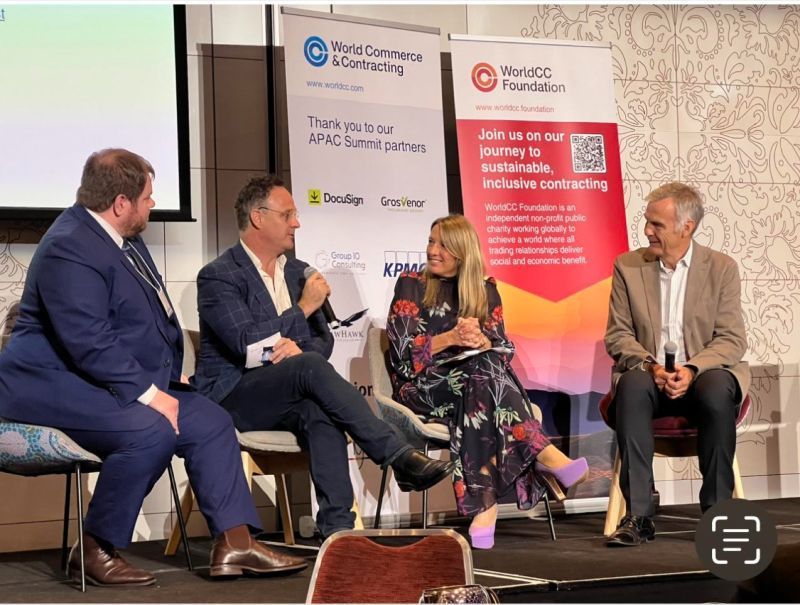
By Gareth Benson
•
12 Dec, 2023
Stopping all stations. Reflections from the World Commerce & Contracting conference. Participating in a global challenge on the use of Chat GPT in contract negotiations and in discussion with President Tim Cummins and CEO Sally Guyer at their conferene in Melbourne this week. It’s fair to say that A.I is here to stay. My reflections on the challenge: 🛠️😀 Efficiency: the use of ChatGPT can assist preparation for problem analysis breaking complex problems down and offering strategies, including questions to commence negotiations. 🛠️😀 Context counts: using this data and applying human context to the problem counts, there is a high duty of care to ensure application of the solution is appropriate and works. 🛠️😄 Communication is key: in the context of human negotiation communication is still paramaount to arrive at human resolutions. Robots will not replace this at any time soon. Human problems require, human communication and negotiation. Also it was found that our team who used ChatGPT performed better than those who did not 🤔🛠️ A report published by APAC shared reflections from the global community with regard to the use of A.I in the contracting process from 70 000 contract professionals from around the world. It reveals that 20 percent of workforce are already implementing generative A.I tools, 9 percent in Australia. There will be a competitive advantage for those that embrace these tools. Personllay I believe across industries that this could amount to a Fifth Industrial Revolution, given that entire industries, supply chains and jobs will be displaced and replaced. Contracting is just one part of this process. It’s good that we are having real and thorough discussion about it’s impact. It’s what humans do 😄 Wonderful to see Melbourne alive again with events bringing the city back to life!
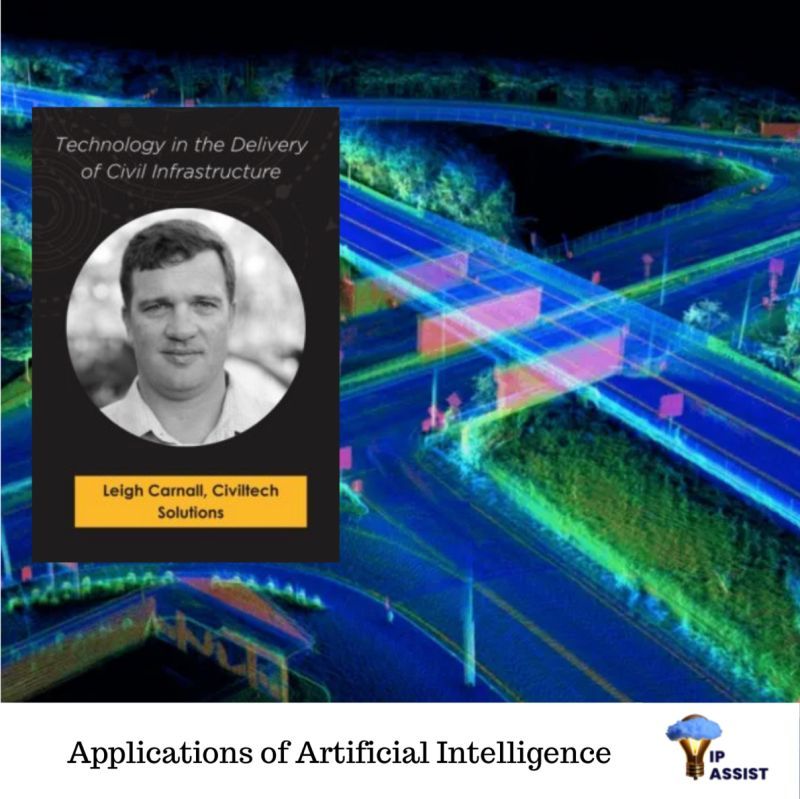
By Gareth Benson
•
12 Nov, 2023
I recently had the privilege of supporting Leigh Carnall of Civil Tech Solutions, whoose application of Artificial Intelligence in civil engineering for 3D surveying is inspiring. Leigh's innovative use of AI is set to revolutionise the way we perceive and navigate Northern Territory roads through cutting-edge 3D mapping technology. The foundation of all commercial deals are well written agreements. Our collaboration with Leigh underscored the pivotal role that a well-crafted contract plays in ensuring a clear commercial outcome. One of the key lessons learned was the critical importance of an agreements intellectual property provisions. As we assisted Leigh review this contract, our focus was on ensuring that Leigh had the necessary intellectual property rights to propel his business forward using Artificial Intelligence hardware. The 3D mapping tool's potential lay not only in its current applications but also in the treasure trove of data it could generate. We ensured that Leigh had full access and rights to leverage this data for future commercial endeavors. This experience reinforced the notion that contracts are more than legal documents; they are strategic tools for entrepreneurs like Leigh to build, protect and leverage their businesses. In the digital economy, where innovation is the currency of success, having robust intellectual property provisions are paramount. I’ve been passionate to share these insights in my book “Idealogoly: a compass to intellectual property success” which launched at the Darwin Innovation Hub over two years ago. It's a guide for those navigating the digital economy, offering practical advice on building, protecting, and leveraging ideas in this dynamic landscape where A.I is set to transform many different industries even further. I am focussing on the application of A.I in contracts this week in a series of posts for LinkedIn. Here's to the visionaries like Leigh Carnall whose application of AI and innovation in civil engineering is set to reshape his industry. If you're navigating the digital terrain with contracts and IP or passionate about the intersection of technology and business, I welcome you to join this conversation.
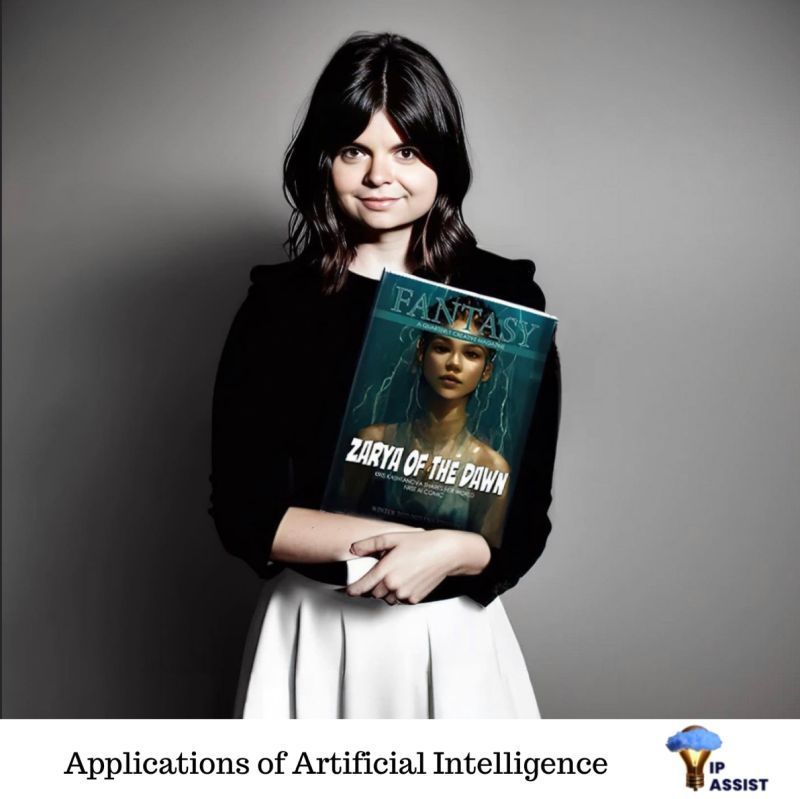
By Gareth Benson
•
12 Oct, 2023
Last year I had the pleasure of advising US artist, Kris Kashtanova, during a challenging twist in her Intellectual Property journey. Kris is the author of the graphic novel "Zarya of the Dawn," an 18-page narrative set in a futuristic, deserted Manhattan, featuring a character inspired by the actress Zendaya. Beyond its captivating storytelling, Kris's work was produced with the assistance of of artificial intelligence. She asked me for advice in how to protect herself and the intellectual property in her creative output after her work was rejected by the US copyright office. Kris first achieved a significant milestone when she secured copyright in the work which could have been seen as a win for artists in the emerging world of AI-generated art. Kris took to social media, declaring that this legal protection meant artists could now safeguard their AI art projects, offering them the recognition and security they deserved. However, the elation was short-lived. In a surprising turn of events, the US Copyright Office reversed its decision in February, making Kris Kashtanova the first person in the country to lose legal protection for AI art. The abrupt change left both Kris and the artistic community grappling with uncertainty. To this point the US Copyright office has upheld that the writing of the novel could be protected in copyright, however the midjourney images can not as they are not considered “Human Authorship”. Since my initial advice one crucial takeaway from this experience is the recognition of the power of contracts in safeguarding the interests of IP owners, even when copyright registration might prove elusive. With industries now able to embrace generative A.I tools such as publishing, marketing and content creation business owners must proactively use contracts to establish ownership and license the output of their AI creations. Kris's journey underscores the need for all of us to be vigilant and take proactive measures in protecting our own IP rights in business. While copyright is a valuable tool, the absence of it does not leave IP owners defenseless. Well-drafted contracts can provide a robust legal framework, offering IP owners control over the use and dissemination of their AI-generated works. Whilst AI is destined to further transform industry, Kris’ story pushes new frontiers of how all of us can embrace A.I tools to own the output from which A.I creates. Let's continue the conversation on the importance of contracts as a powerful tool for IP owners to secure the creative output which A.I creates. Through proactive measures IP owners can seize the valuable advantage of using A.I whilst ensuring they own what we can create with these powerful tools.
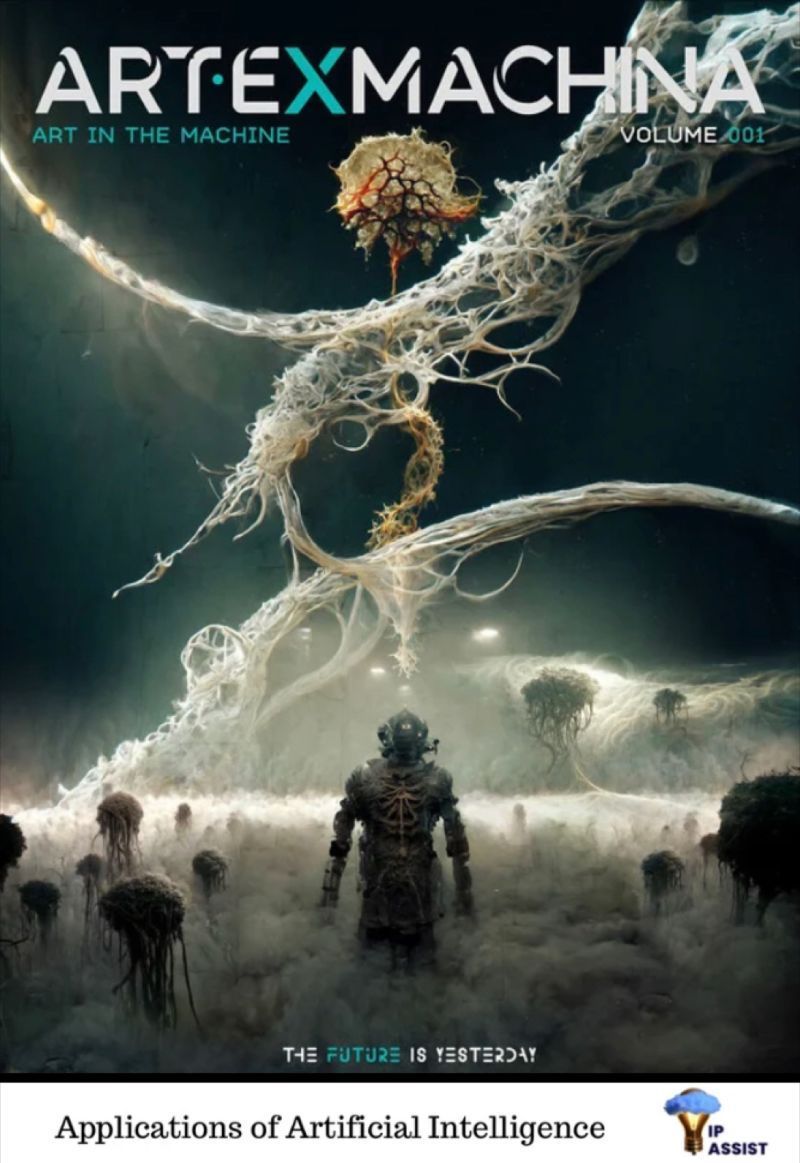
By Gareth Benson
•
12 Sep, 2023
Almost a year ago I began drafting a series of contracts which secured the product of A.I output in publishing. I was engaged to assist create the chain of title contracts for the brilliant international artists behind the Art Ex Machina anthology. At the convergence of art and technology, Art Ex Machina was the first global anthology of international A.I artists published in November 2022. Its publcation stands testament to the fact that global creativity and collaboration now has no borders. As the publisher's commercial and legal advisor, I established the importance of establishing robust chain of title contracts, to ensure that the publication had the rights to earn royalties from the combination of Articles and A.I Art that was published. Featuring the talented works of Kris Kashtanova, Dave Maclean and Tim Parish, Art Ex Machina, understandood the significance of securing intellectual property rights. Crafting a comprehensive chain of title contract was instrumental in ensuring that the publication maintained legal ownership and control over the inspiring art it showcased. Here's where my role as a legal advisor came into play. Working closely with Art Ex Machina, we implemented a contracting strategy that not only respects the rights of the A.I artists but also safeguarded the publisher's rights. The creation and maintenance of contract chain of title was instrumental in my approach.
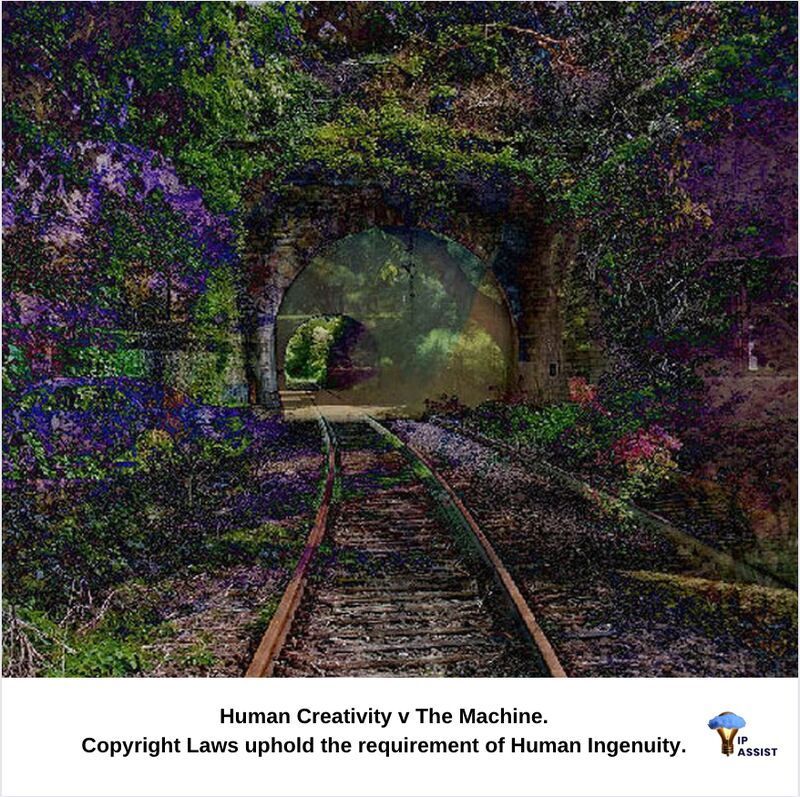
By Gareth Benson
•
12 Jun, 2023
Copyright Laws uphold the need for Human Ingenuity This AI-generated artwork created by Stephen Thaler was produced by an AI model known as the Creativity Machine, developed by Thaler himself. Despite Thaler's efforts to secure copyright for the AI-generated image, a ruling by Judge Beryl A. Howell of the United States District Court determined on Friday that such works, created solely by artificial intelligence, are not eligible for copyright protection. The court's decision rests on the principle that human authorship is an essential requirement for obtaining copyright, effectively precluding AI-generated creations from this form of legal protection. This is important for any developers of A.I work as it highlights the importance of human authorship in all elements of the creative process. This is likely a safeguard for our creative industries which most recently seen widespread strikes in Hollywood, including the use of A.I in the film production process. Despite her ruling, Judge Howell acknowledged the evolving landscape of copyright in the context of AI-generated art. She recognized that the artistic realm is on the brink of a new era where AI is embraced as a creative tool by artists, prompting intricate queries regarding the extent of human involvement required for AI-created works to be eligible for copyright protection. She highlighted the fact that AI models often learn from existing works, introducing complexity to the issue of originality. This is likely the first of many rulings (including our advice to Kris Kashtanova whose comic book art in “Zahrina Dawn of the Dead” which was denied copyright protection in US) in which the boundaries of human and machine creativity will continue to be tested. What is emerging is a philosophical debate about the role of art in our society and its continued importance to elevate human connection and understanding.
Quick Links
Help
IPAssist: Trade Mark lawyer Contracts and Commercial Legal Advice Intellectual Property Lawyer Australia.
Get expert, easy and cost effective legal help from Australia’s best Intellectual property IP lawyer services based in Sydney, Brisbane, Melbourne, Adelaide and Darwin. Trade Mark lawyer Contracts and commercial legal advice on how to protect your ideas through the best Intellectual Property practices.
© 2023 IP Assist. All Rights Reserved | Website by Octopus Digital
